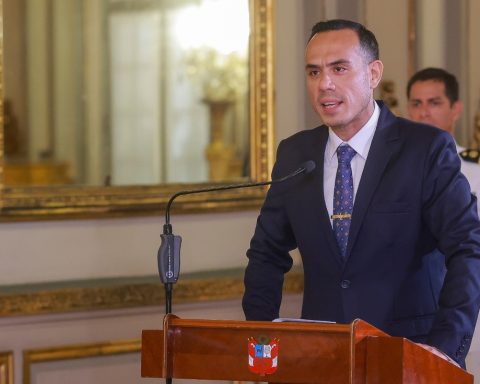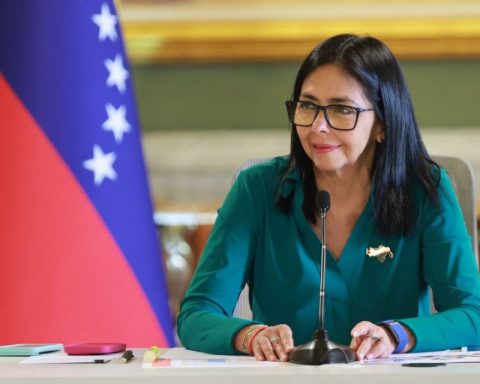This week, researchers and public managers debated the use of artificial intelligence and data governance in public education policies. The Education, Data Governance and Artificial Intelligence seminar, promoted by the Ministry of Education, sought to point out alternatives for information management that guarantee rights and the use of data in decision-making. The event was held in partnership with the Federal University of Alagoas (UFAL) and the Federal Institute of Brasília (IFB). 
If analyzed in real time, for example, data such as class attendance can be used to help an educational institution take necessary measures to support students, ensuring students’ retention and access to education.
The director of Educational Management Support at the Secretariat of Basic Education (SEB), Anita Gea Martinez Stefani, states that one of the challenges is obtaining documents such as basic education transcripts for students who studied at more than one institution, demonstrating the need for update the way data is treated in the education network as a whole.
“When we talk about interaction and interoperability of data and connection of information, we are talking about providing rights, public services that could already be available, but that technically we have not yet organized ourselves to make available to citizens”, highlights the director.
To deal with the demand for updating the methods currently used, Gestão Presente was created, an educational hub (data storage and organization platform). The system was developed in partnership with MEC and the Center for Excellence in Social Technologies (NEES/UFAL), to be a Basic Education Data Hub, which stores student information and assists in school management processes, such as class diary , registration, among others.
The representative of the National Union of Municipal Education Directors (Undime), Vilmar Klemann, also lists some of the challenges faced, such as incorrect or incomplete data, reading and analyzing data and lack of qualified professionals.
“Qualified professionals generally do not stay in municipal networks and unfortunately this results in very high turnover”, laments Klemann.
The discussions highlighted how technology can be applied not only as an educational resource, but as an optimization tool, helping schools to be more efficient in managing education.
To see the debates, access the MEC channel on youtube or the event page.


















